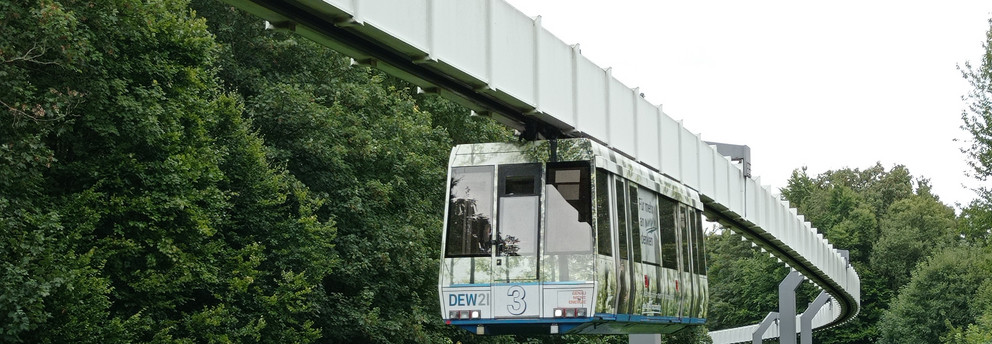Welcome to the Mobility and Transport Group
The key focus of our research activities is on understanding how the built and social environment impacts mobility and consequently health, emissions, and liveability. We have a scientific focus, but are also keen to find practical solutions on a design of cities that will improve the quality and sustainability of life, through high-quality research on the elements in cities that impact mobility and the way this takes place. We also have a strong interest in methodological improvement and are keen to work on policy-relevant research.
We are experienced in collecting and analyzing both quantitative and qualitative data, including cohort data (i.e. longitudinal panel data), natural experiments, noise and air pollution measurements, survey design and (international comparable) qualitative research. We have collaborated with many researchers around the world and have extensively published in ISI-ranked journals. We have attracted funding from various foundations, governments and research councils.
Our vision is to contribute to a more sustainable, more secure, healthier, and more inclusive transport system offering equal opportunities for all potential travelers. To achieve this, our research aim is to understand which interventions could result in a change in transport externalities and in the way individuals travel, what this process of change looks like, and to attribute this change to personal, social and spatial characteristics and interventions via causal mechanisms. We have applied this interest to a variety of challenges and areas, including: cycling; walking; the relationship between the built environment and travel behavior; the stability and variability of behavior; the influence of identity, norms, and other psychological constructs on behavior; livability; air and noise pollution; traffic safety as well as crime and personal security.
We welcome inquiries to collaborate as well as visits to our Group.




![[Translate to English:] [Translate to English:]](/storages/verkehr-raumplanung/_processed_/a/2/csm_Borsigplatz1_3de264453b.jpg)
![[Translate to English:] [Translate to English:]](/storages/verkehr-raumplanung/_processed_/7/b/csm_Fahrradwall_Dortmund_d038bdff02.jpg)
![[Translate to English:] [Translate to English:]](/storages/verkehr-raumplanung/_processed_/8/4/csm_UBahn_Ostentor_b601cf18b4.jpg)
